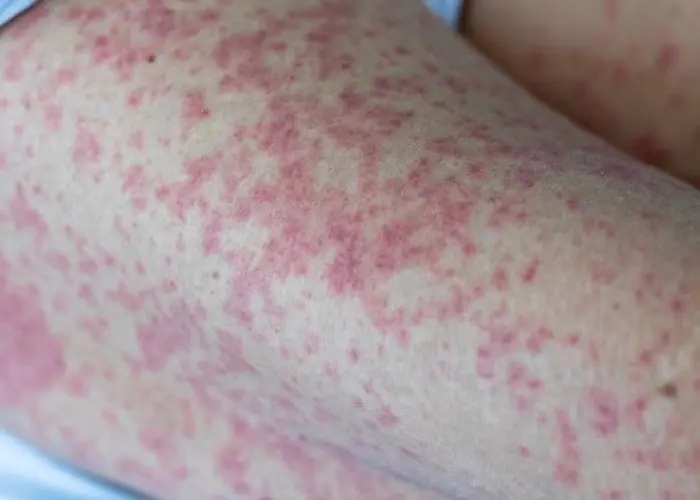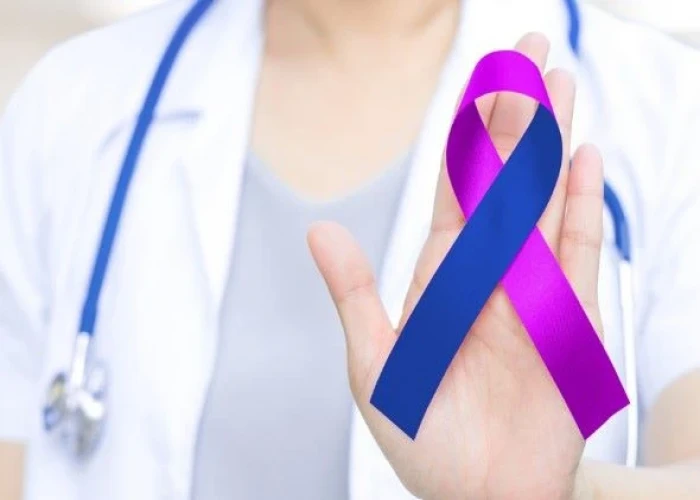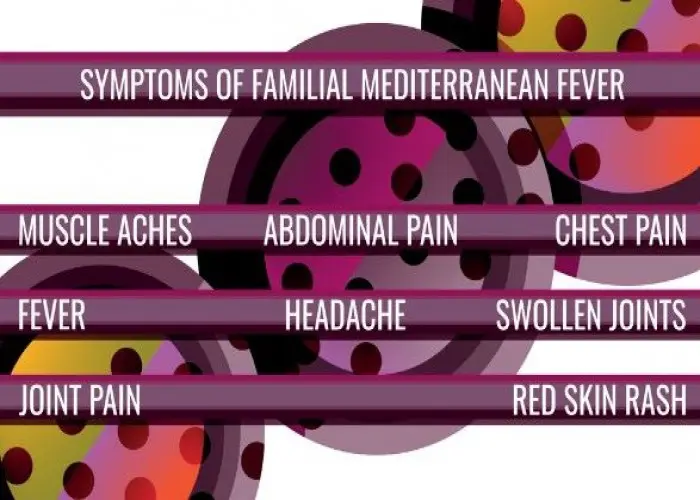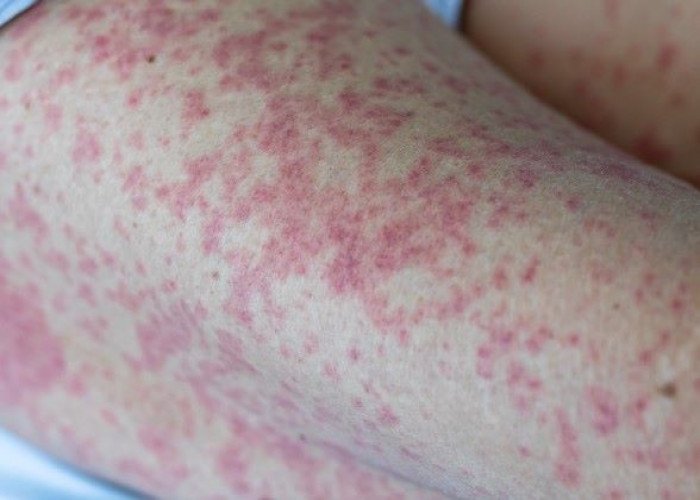 Welcome
Welcome
“May all be happy, may all be healed, may all be at peace and may no one ever suffer."
Drug allergy

A drug allergy is the abnormal reaction of your immune system to a medication. Any medication — over-the-counter, prescription or herbal — is capable of inducing a drug allergy. However, a drug allergy is more likely with certain medications.
The most common signs and symptoms of drug allergy are hives, rash or fever. A drug allergy may cause serious reactions, including a life-threatening condition that affects multiple body systems (anaphylaxis).
A drug allergy is not the same as a drug side effect, a known possible reaction listed on a drug label. A drug allergy is also different from drug toxicity caused by an overdose of medication.
Research Papers
Disease Signs and Symptoms
- Skin rash
- Loss of consciousness (fainting)
- Seizures
- Low blood pressure (hypotension)
- Rapid pulse
- Dizziness (vertigo)
- Abdomen cramps
- Nausea or vomiting
- Excessive tears in eyes
- Runny nose
- Shortness of breath (dyspnea)
- Swollen skin
- Fever
- Itching
- Hives
- Allergy
Disease Causes
Drug allergy
A drug allergy occurs when your immune system mistakenly identifies a drug as a harmful substance, such as a virus or bacterium. Once your immune system detects a drug as a harmful substance, it will develop an antibody specific to that drug. This can happen the first time you take a drug, but sometimes an allergy doesn't develop until there have been repeated exposures.
The next time you take the drug, these specific antibodies flag the drug and direct immune system attacks on the substance. Chemicals released by this activity cause the signs and symptoms associated with an allergic reaction.
You may not be aware of your first exposure to a drug, however. Some evidence suggests that trace amounts of a drug in the food supply, such as an antibiotic, may be sufficient for the immune system to create an antibody to it.
Some allergic reactions may result from a somewhat different process. Researchers believe that some drugs can bind directly to a certain type of immune system white blood cell called a T cell. This event sets in motion the release of chemicals that can cause an allergic reaction the first time you take the drug.
Drugs commonly linked to allergies
Although any drug can cause an allergic reaction, some drugs are more commonly associated with allergies. These include:
- Antibiotics, such as penicillin
- Pain-relievers, such as aspirin, ibuprofen (Advil, Motrin IB) and naproxen sodium (Aleve)
- Chemotherapy drugs for treating cancer
- Medications for autoimmune diseases, such as rheumatoid arthritis
Nonallergic drug reactions
Sometimes a reaction to a drug can produce signs and symptoms virtually the same as those of a drug allergy, but a drug reaction isn't triggered by immune system activity. This condition is called a nonallergic hypersensitivity reaction or pseudoallergic drug reaction.
Drugs that are more commonly associated with this condition include:
- Aspirin
- Dyes used in imaging tests (radiocontrast media)
- Opiates for treating pain
- Local anesthetics
Disease Prevents
Drug allergy
If you have a drug allergy, the best prevention is to avoid the problem drug. Steps you can take to protect yourself include the following:
- Inform health care workers. Be sure that your drug allergy is clearly identified in your medical records. Inform other health care providers, such as your dentist or any medical specialist.
- Wear a bracelet. Wear a medical alert bracelet that identifies your drug allergy. This information can ensure proper treatment in an emergency.
Disease Treatments
Interventions for a drug allergy can be divided into two general strategies:
- Treatment for present allergy symptoms
- Treatment that may enable you to take an allergy-causing drug if it's medically necessary
Treating current symptoms
The following interventions may be used to treat an allergic reaction to a drug:
- Withdrawal of the drug. If your doctor determines that you have a drug allergy — or likely allergy — discontinuing the drug is the first step in treatment. In many cases, this may be the only intervention necessary.
- Antihistamines. Your doctor may prescribe an antihistamine or recommend an over-the-counter antihistamine such as diphenhydramine (Benadryl) that can block immune system chemicals activated during an allergic reaction.
- Corticosteroids. Either oral or injected corticosteroids may be used to treat inflammation associated with more-serious reactions.
- Treatment of anaphylaxis. Anaphylaxis requires an immediate epinephrine injection as well as hospital care to maintain blood pressure and support breathing.
Taking allergy-causing drugs
If you have a confirmed drug allergy, your doctor would not prescribe the drug unless it is necessary. In some cases — if the diagnosis of drug allergy is uncertain or there's no alternative treatment — your doctor may use one of two strategies to use the suspect drug.
With either strategy, your doctor provides careful supervision, and supportive care services are available to treat an adverse reaction. These interventions are generally avoided if drugs have caused severe, life-threatening reactions in the past.
Graded challenge
If the diagnosis of a drug allergy is uncertain and your doctor judges that an allergy is unlikely, he or she may recommend a graded drug challenge. With this procedure, you receive two to five doses of the drug, starting with a small dose and increasing to the desired dose.
If you reach the therapeutic dose with no reaction, then your doctor will conclude that you aren't allergic to the drug. You will be able to take the drug as prescribed.
Drug desensitization
If it's necessary for you to take a drug that has caused an allergic reaction, your doctor may recommend a treatment called drug desensitization. With this treatment, you receive a very small dose and then progressively larger doses every 15 to 30 minutes over several hours or days. If you can reach the desired dosage with no reaction, then you can continue the treatment.
Disease Diagnoses
Disease Allopathic Generics
Disease Ayurvedic Generics
Disease Homeopathic Generics
Disease yoga
Drug allergy and Learn More about Diseases

Cervical dystonia

Mixed connective tissue disease

Aortic valve stenosis

Broken wrist

Swollen lymph nodes

Cervical spondylosis

Suspicious breast lumps

Familial Mediterranean fever
...
To be happy, beautiful, healthy, wealthy, hale and long-lived stay with DM3S.
